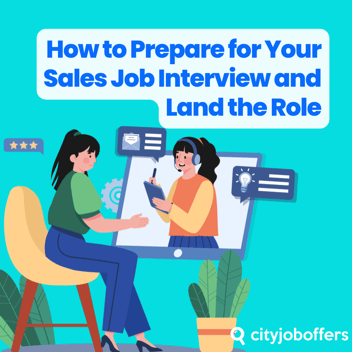How to Turn a “Gap Year” into Your Best Asset, According to Harvard Research

Let’s face it: Not everyone’s career path looks like a neat, straight line. Especially when you’re in your early 20s, taking time off to explore the world, learn a new language, or simply figure out your next step can feel both exciting and a little nerve-wracking. Will employers appreciate what you’ve gained, or just see it as “time lost”? According to recent research from Harvard, while hiring managers still notice gaps in a résumé, the way you present that experience can actually set you apart and make you a more attractive candidate.
Check out the Harvard research here.
A Shift in How Employers See Career Gaps
It used to be that any gap in employment was a red flag, raising doubts about your commitment, motivation, or ability to keep your skills fresh. But times are changing. The pandemic, massive shifts in the job market, and the influence of Gen Z’s more flexible attitudes toward work have led some employers to adopt a more open-minded view.
In many parts of Europe, for example, taking a “gap year” between studies or jobs is practically a tradition, not a taboo. Far from looking like a detour, your time spent abroad can be seen as a crash course in cultural understanding, adaptability, and personal growth. These qualities matter, especially if you’re eyeing international job opportunities — and who wouldn’t want to gain some life-changing experiences before settling into a career routine?
Why Your Gap Year Matters
Let’s break it down. What exactly makes a gap year valuable to employers, especially if you want to work abroad?
-
Language Skills: Maybe you spent six months in France working on your French, or volunteered in a hostel in Spain to perfect your Spanish. Language proficiency is a huge advantage when applying to global companies.
-
Cultural Intelligence: Living in different countries teaches you to respect various communication styles, business etiquettes, and cultural norms. This kind of understanding is something you can’t easily pick up in a classroom.
-
Adaptability and Problem-Solving: Did you navigate complex train systems, handle bureaucratic paperwork in a foreign language, or make friends with people from different backgrounds? These experiences prove that you can adapt, stay calm under pressure, and solve problems on the fly — all traits employers value.
How to Present Your Gap Year to Employers
The key to turning your gap year into a strong résumé asset is how you frame it. Instead of simply listing it as “time off,” consider using language that highlights growth and skill development. For instance:
-
Professional Profile: “Developed cross-cultural communication skills and adaptability through extended stay in multiple European countries.”
-
Experience Section: “Immersive language courses and volunteer projects in Germany and Portugal, resulting in improved fluency and intercultural teamwork abilities.”
-
Cover Letter or Interview: Be honest about your motivations. Maybe you wanted to challenge yourself, become more independent, or gain a global perspective that would help you excel in an international role.
Research by Harvard suggests that providing context for these gaps can mitigate negative assumptions. When hiring managers understand the “why” behind your time off and the “how” of what you’ve learned, they’re more inclined to see that period as a strategic move rather than a setback.
Stepping Into Your International Future
At City Job Offers, we believe a gap year can be a game-changer for anyone looking to work abroad. It’s a chance to develop not just professionally relevant skills, but also a more well-rounded perspective on life and work. Instead of feeling defensive about your break, embrace it: you’ve gained resilience, open-mindedness, and independence, qualities that can set you apart in an increasingly interconnected world.
Your gap year is more than a line on your timeline — it’s a powerful story that shows who you are, what you’ve overcome, and how ready you are to take on new challenges. With the right framing, this “time off” becomes your secret weapon, giving you a boost of confidence and helping employers see the globally savvy professional you’re ready to become.


